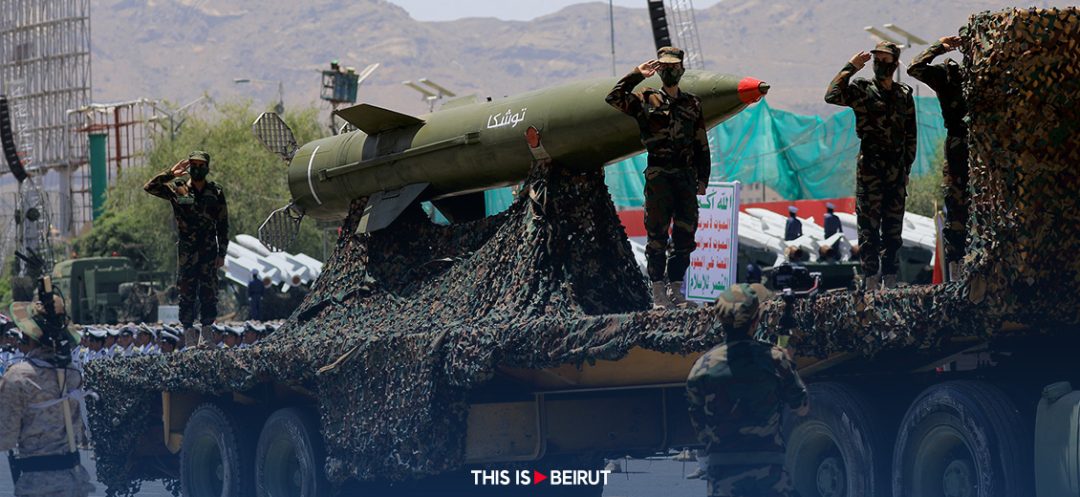Yemen’s Houthi rebels, backed by Iran, have pledged further attacks against Israel if Israel’s military campaign against Hamas in Gaza continues. They claim to have already launched drones and ballistic missiles in three separate operations.
Yemen’s Iran-backed Houthi rebels on Tuesday pledged more attacks against Israel if its war on Hamas in Gaza continues, saying they had already fired drones and ballistic missiles in three separate operations.
“The Yemeni Armed Forces confirm they will continue to carry out qualitative strikes with missiles and drones until the Israeli aggression stops,” said a Houthi military statement aired on the rebels’ Al-Masirah TV, adding that Houthi rebels “launched a large batch of ballistic missiles and a large number of armed aircraft” toward Israel on Tuesday, in the third such operation since the Gaza assault began on October 7 after Hamas militants staged the worst attack in Israel’s history.
Earlier, Israel’s military said a “hostile aircraft intrusion” had set off warning sirens in Eilat, its Red Sea resort, later saying it had intercepted a “surface-to-surface missile” fired toward Israeli territory that was “successfully intercepted by the ‘Arrow’ aerial defense system.”
“All aerial threats were intercepted outside of Israeli territory,” it said.
Abdelaziz bin Habtour, Prime Minister of the Houthi government, said on Tuesday that the rebels were “part of the axis of resistance” against Israel, which includes Tehran-backed groups in Lebanon, Syria, and Iraq, and were fighting with both “words and drones.”
Israel had blamed the Houthis for a drone attack on Friday, saying its aircraft had intercepted “hostile targets” headed for southern Israel.
At the same time, six people were lightly injured when debris hit a building across the border from Eilat in the neighboring Egyptian resort of Taba, the Egyptian army said at the time.
On October 19, the US Navy said it shot down three land-attack cruise missiles and “several” drones fired by the Houthis, possibly at Israel.
Khalil Wakim, with AFP





